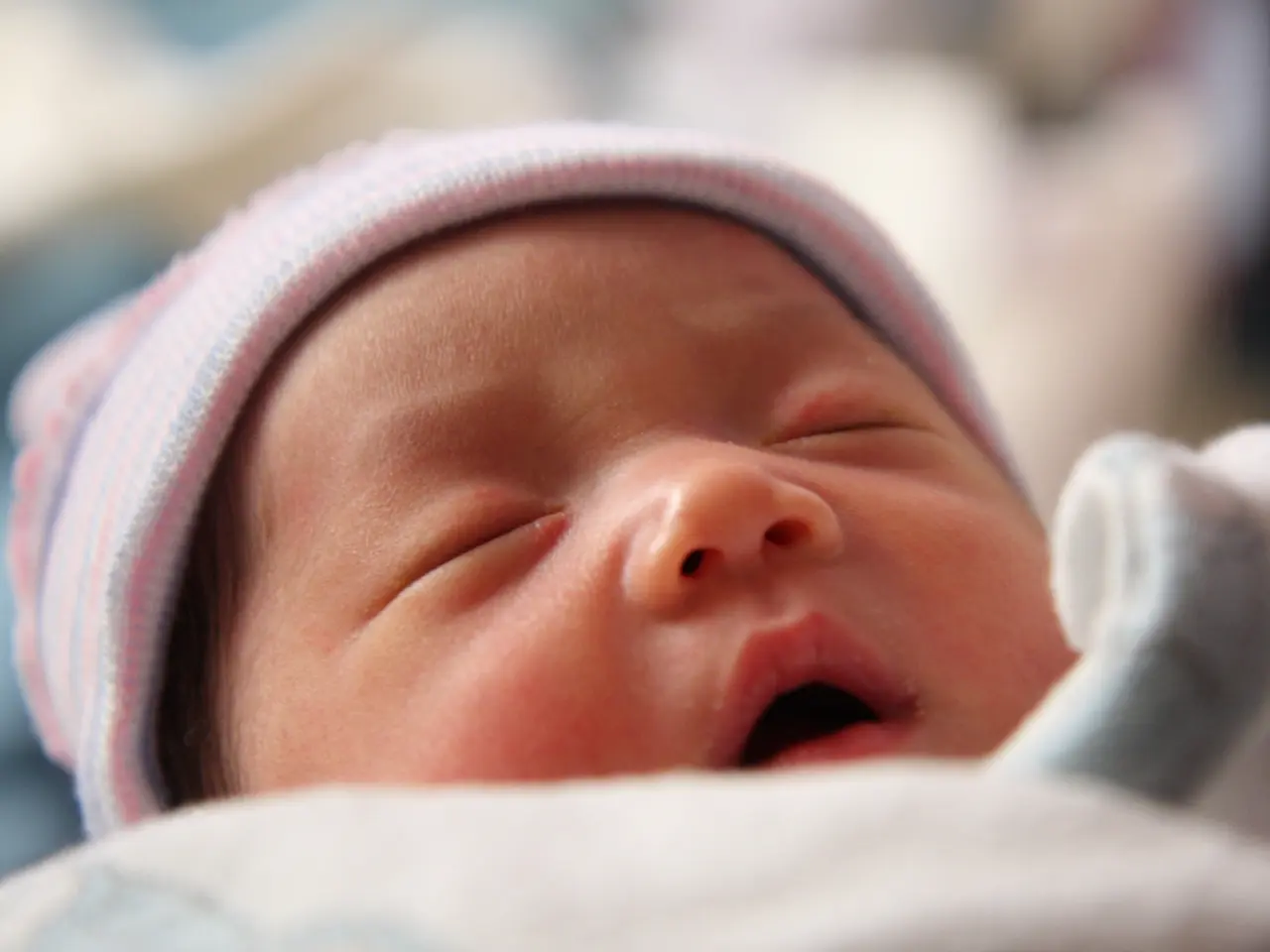Studying pediatric sleep disorders gains momentum with launch of new NHS research by a Scottish technological firm in the healthcare sector.
In a significant stride towards revolutionising paediatric sleep medicine, Glasgow-based MedTech company Seluna has launched a clinical validation study with the Royal Hospital for Children, Glasgow. This study aims to validate Seluna's diagnostic software as a medical device (SaMD) for improving the diagnosis and management of childhood sleep disorders, such as paediatric sleep apnoea.
The study, running from now until the end of 2025, involves 500 anonymised patients under 18 years old. Seluna's technology is designed to automatically interpret sleep studies via a pipeline of machine-learning algorithms, supporting Registered Polysomnographic Technologists (RPSGTs) and doctors.
Derek Shaw, Director Entrepreneurship & Investment at Scottish Enterprise, has supported Seluna's ambition to improve childhood sleep disorders diagnosis and management for several years. He expressed his confidence in Seluna's potential to set a new standard in paediatric sleep diagnostics and drive change in the international healthcare market.
Dr Scott Black, co-founder and CEO of Seluna, shared similar sentiments. He emphasised that Seluna aims to be the first SaMD developed specifically for diagnostics in this underserved market. The study's findings will help uncover the underlying pathology to guide more precise, personalized treatment decisions beyond diagnosis.
The study's focus on explainable AI, as highlighted by Dr Ruth Hamilton, Consultant Clinical Scientist at Royal Hospital for Sick Children, Glasgow, and principal investigator, builds trust for clinical use. This approach ensures transparency and understanding of the AI's decision-making process, a crucial aspect in the medical field.
Seluna's machine learning pipeline automatically scores paediatric sleep studies by identifying and classifying digital biomarkers of sleep-disordered breathing. This innovative approach addresses a critical gap in paediatric sleep medicine, with potential for international success, as acknowledged by STAC Invest.
Angus Macfadyen, head of investment at STAC, stated that Seluna has a compelling commercial opportunity due to the high number of undiagnosed childhood sleep apnoea cases worldwide. The life sciences industry is a key opportunity area for growth in Scotland, and companies like Seluna can contribute to transforming the economy.
Anne Henderson, Head of Investment at the University of Strathclyde, expressed commitment to supporting Seluna and transforming paediatric healthcare through innovation. The University of Strathclyde has been an early investor in Seluna and plans to continue its partnership with further support.
However, the identity of the new investor supporting Seluna in the second financing round remains undisclosed in the provided search results. Seluna aims to lay the groundwork for international expansion with Class II FDA approval in the United States targeted by the end of 2027. Additionally, the company expects the validation studies to support Class I medical device classification in the UK by the end of 2026, enabling adoption across the NHS and private healthcare.








